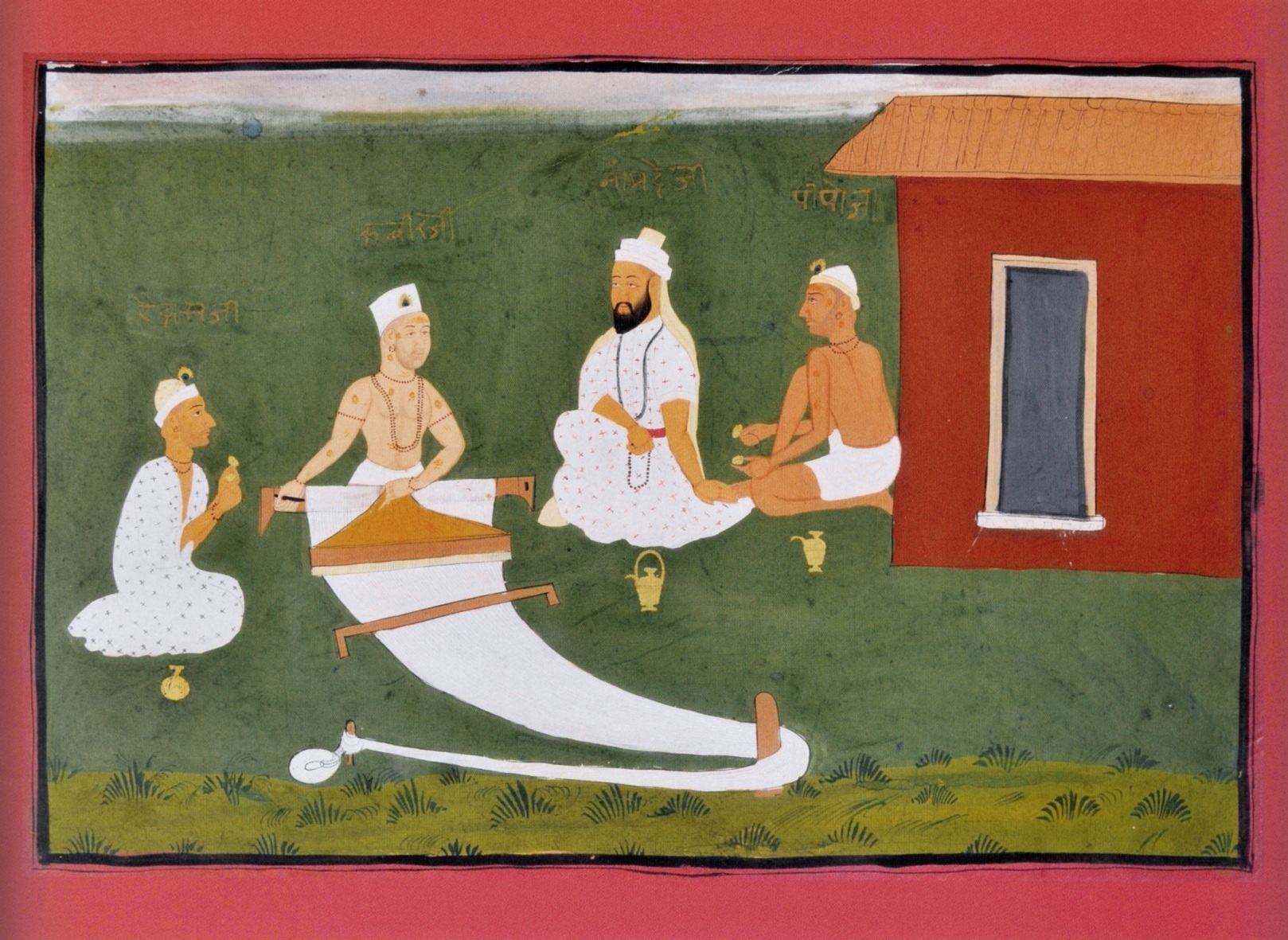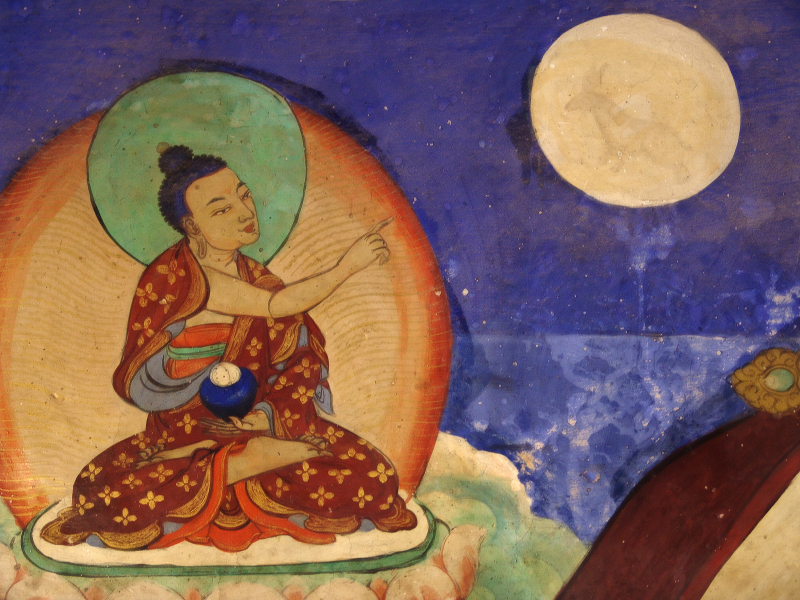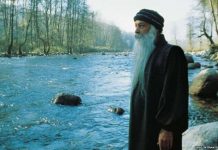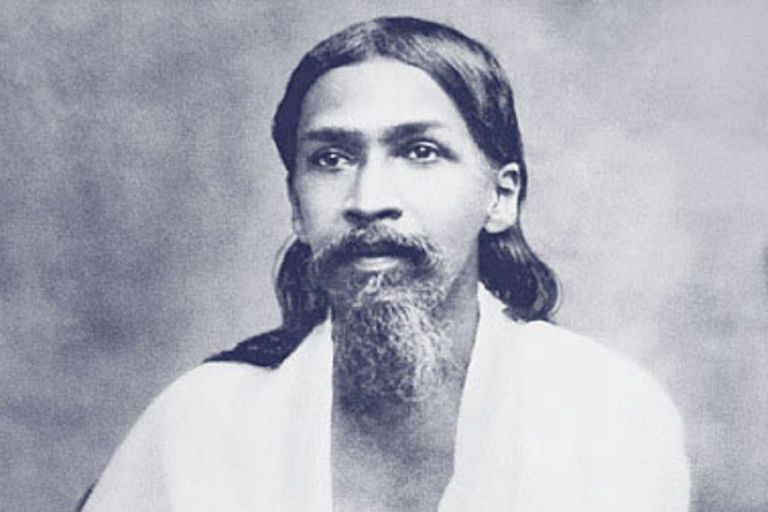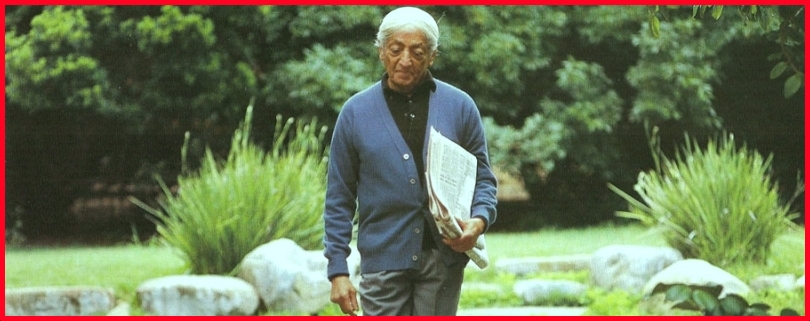SPIRITUAL CORNER
It seems that this age has become the age of meaninglessness because man has become very knowledgeable. Everybody knows, nobody understands. Knowledge divides; poetry heals and unites. Here is a beautiful revelation by Osho.

It is better to read poetry than philosophy, it is better to sing poetry than to ponder over philosophical problems. Philosophical problems are superficial. And the whole effort is based on one thing: philosophy takes it for granted that life can be reduced to knowledge. And that is utterly absurd. Life cannot be reduced to knowledge; life is so vast, it is so infinite, and how can you reduce it to knowledge? You are part of life. And even if for logic’s sake we can accept that one day comes when you have known all, you will still have remained unknown.
And if the knower himself remains unknown, what is the point of all your knowledge? In your own house there is darkness—so what is the point of all the light that you see all around? You live in darkness, you are darkness. And there is no way to know the knower. Who will know it? Knowledge means you will have to divide it again. Poetry means unite, knowledge means divide. Poetry means make bridges, and knowledge means break bridges. If the modern man looks so sad, empty, the reason is that philosophy has succeeded. The reason is that philosophy has released much knowledge. And the universities go on stuffing your heads with knowledge.
Remember with Kabir…Kabir is a poet, not a philosopher-mystic. He understands, but he does not know. In understanding, you feel; it is from the heart. You have the taste of life, it is on your tongue, but you cannot say it. No word is adequate to say it. All expressions look so pale compared to the understanding that arises in a mystic that he can say it only through silence, or at the most through poetry.
Poetry is very close to silence, because it says and yet says it not. That is the definition of poetry: it says and it says it not. It uses words in such a way that the silence is not disturbed. It uses sounds but in such a skillful way that the silence is enhanced, not destroyed.
Source : Osho, The Revolution: Talks on Kabir, Jaico Publishing House, Mumbai, 2000
***

